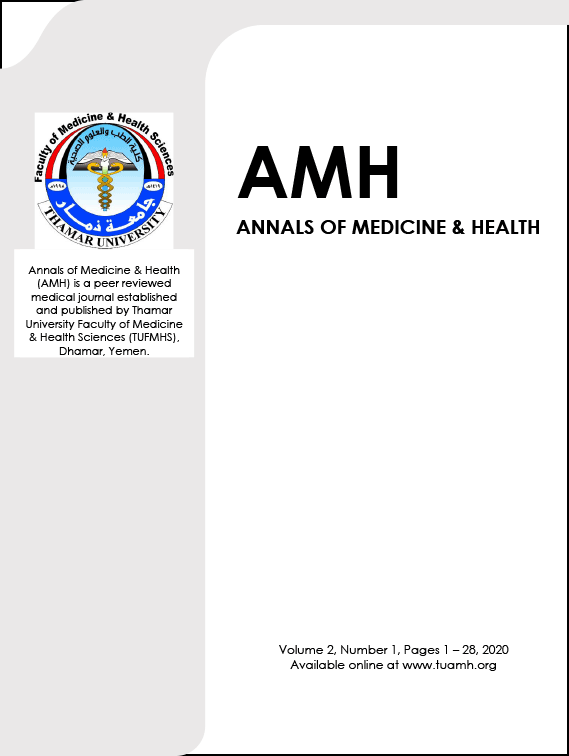
Annals of Medicine & Health
Yazarlar: Waled A. Al-Dubai, Sami S. Al-Dubai
Konular:-
DOI:
Anahtar Kelimeler:Reference Values,Down Syndrome,Yemeni Children,Biochemical Tests
Özet: Background: Biochemical tests are essential in the diagnosis and monitoring of diseases and requiring optimal reference range for accurate interpretation of laboratory tests. Genetic and phenotypic variability in Down syndrome is likely to impact the reference values of laboratory tests. Aim: The aim of this study was to establish biochemical reference ranges for Yemeni children with Down syndrome. Methods: This study was cross-sectional study carried out on 130 Yemeni children with Down syndrome (65 male and 65 female), aged 2 - 18 years, selected mainly from special needs centers for Down's syndrome in Sana'a city, Yemen, during 2019. Reference values for 10 biochemistry parameters were determined for Yemeni children with Down syndrome. Results: All reference values of 10 biochemical tests fall within the existing reference range except for uric acid and phosphate had high reference values (2.2 – 7.4 mg/dl and 3.0 – 7.0 mg/dl, respectively). All the analyzed parameters showed non-significant differences between males and females except for uric acid and calcium reference values. Uric acid was significantly higher in males than females (2.3 – 7.9 mg/dl for males vs. 2.3 – 6.7 mg/dl for females, P = 0.036), and calcium reference values was significantly higher in males than females (8.3 – 10.3 mg/dl for males vs. 8.2 – 9.5 mg/dl for females, P = 0.036). Conclusion: Established reference values for biochemical tests for Yemeni children with Down syndrome is important because it will help in the interpretation of laboratory results correctly.